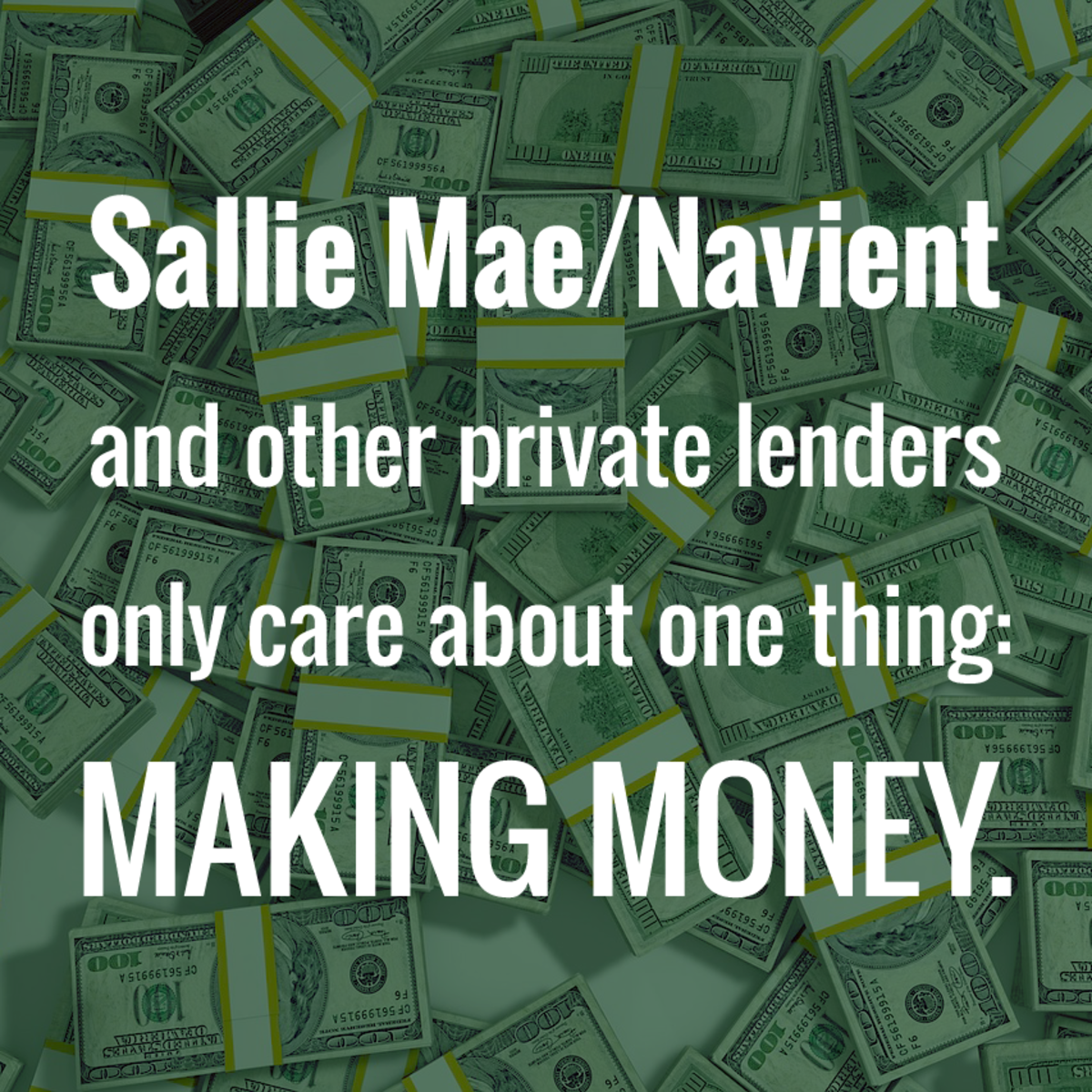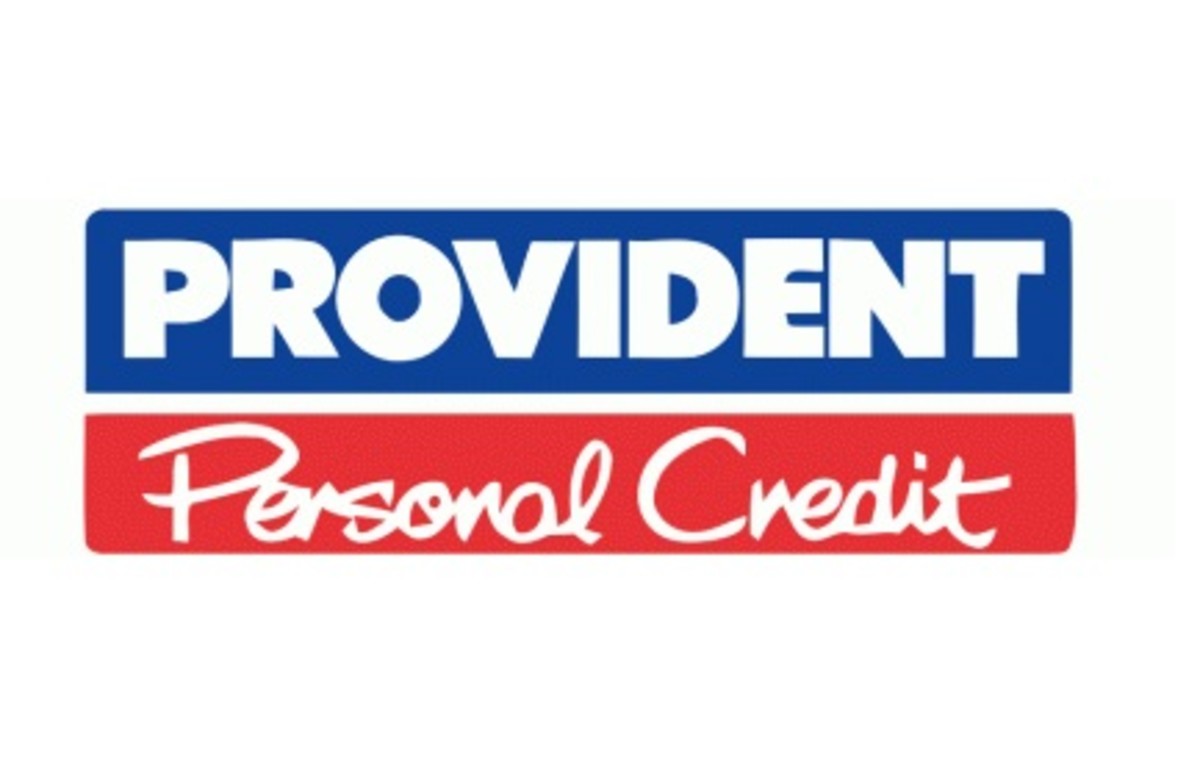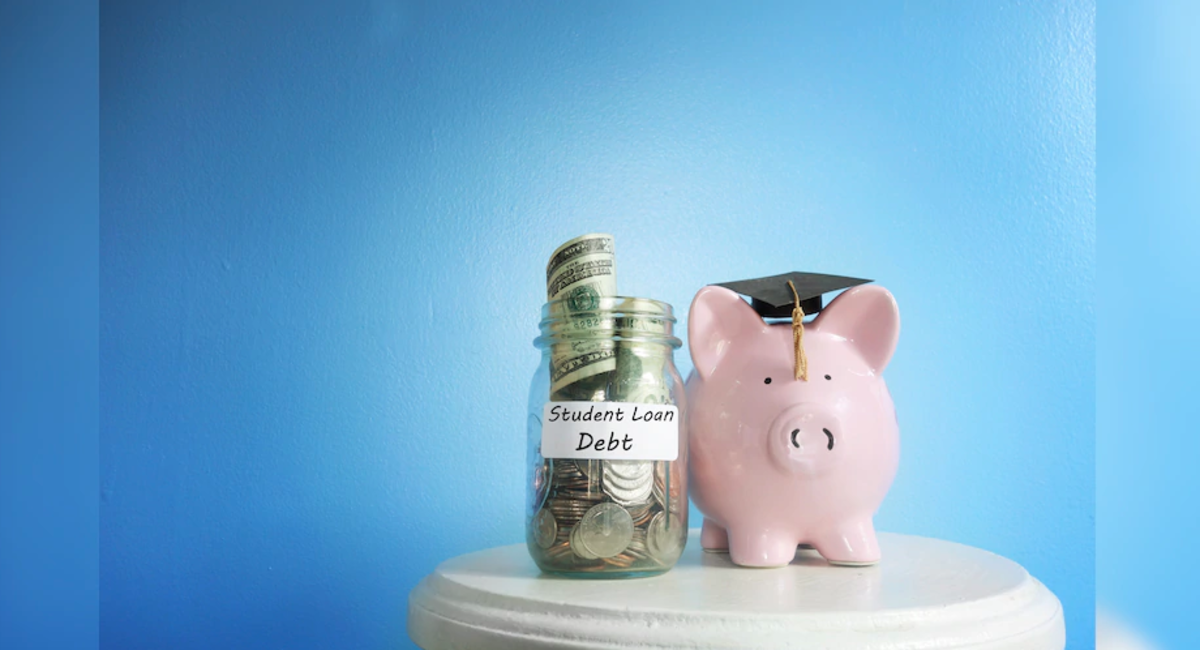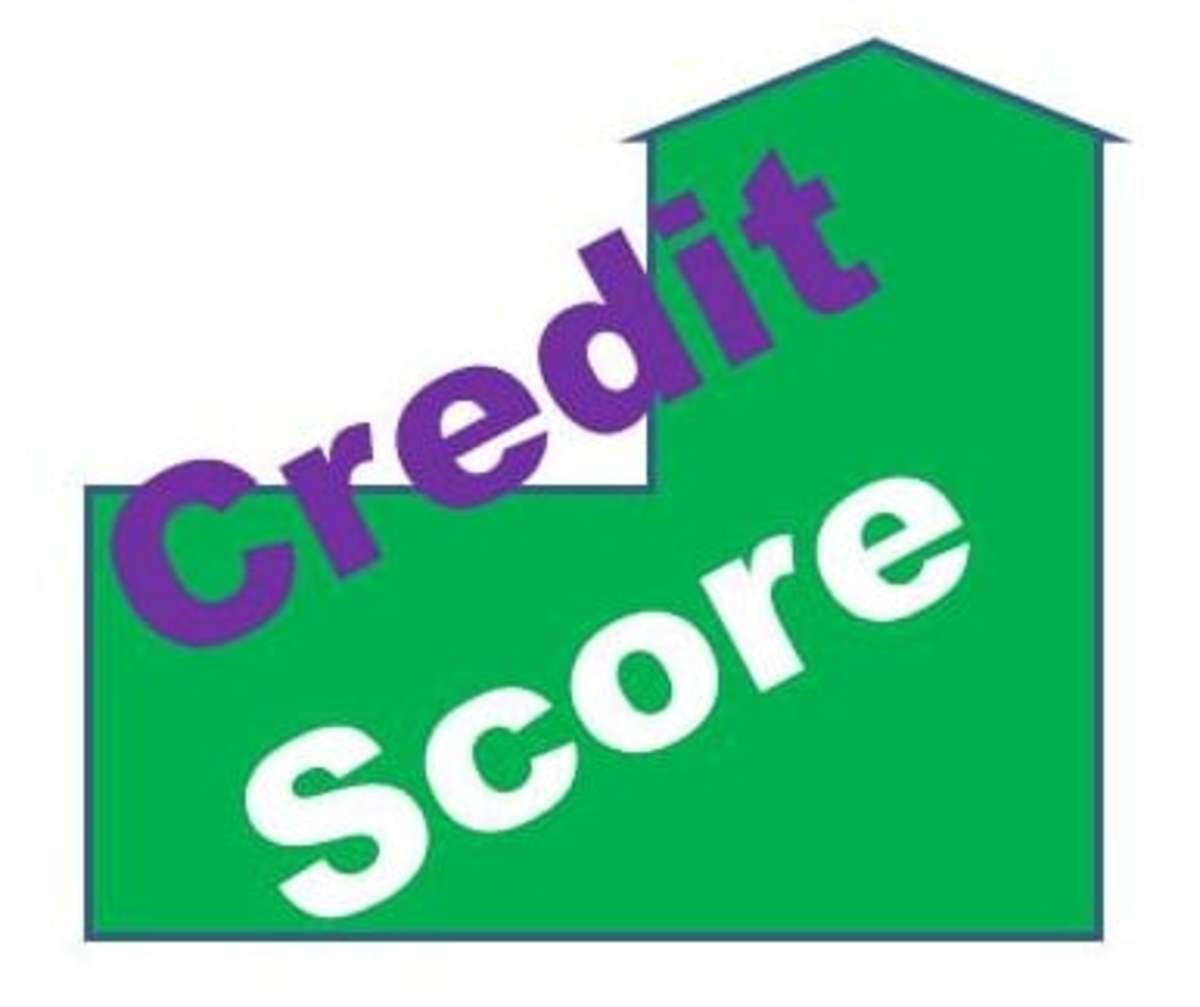6 Risks Associated With Unsecured Personal Loans
Know the 6 essential risks that are associated with an unsecured personal loan.
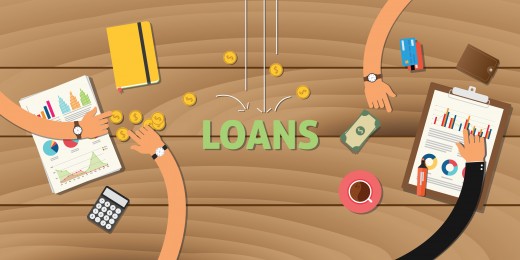
Millions of Brits every year take out an unsecured personal loan to help them pay for emergency expenditure, improving their home, buying a car, and more. However, before you take a loan out, what do you need to know? Are you taking any risks if you accept a loan?
Today, we will discuss the below-mentioned points:
• What an unsecured personal loan actually is
• Risk 1 – interest rates
• Risk 2 – lower monthly repayments means higher interest charges
• Risk 3 – early repayment penalties
• Risk 4 – repayment holidays
• Risk 5 – upfront fees
• Risk 6 – borrowing too much
What is an unsecured personal loan?
The two most important words in the unsecured personal loan are “unsecured” and “personal”.
“Personal” means that it’s a loan that you take out as an individual. You agree to the terms and conditions of the loan in an individual capacity. Those terms and conditions include how much you pay back every month when the term of the loan ends (in other words, when you’ll be making the final payment), and the bank account from which you make the repayments.
You can’t, in most cases, use a “personal” loan to fund the starting of a business or to inject cash into a business so that it can grow. You must use the loan for a personal reason like home improvement, debt consolidation, car purchase, holiday, and more.
“Unsecured” means that you don’t have to offer your home or apartment to a lender as “security” on the loan. You may have seen on adverts for mortgage companies, which say that “Your home is at risk if you do not keep up repayments on a mortgage or other loan secured on it”.
What this means is that if you fall behind on your mortgage payments for long enough and the mortgage company don’t think you’ll be able to repay the mortgage, they’ll repossess your home. Once they’ve done that, they’ll then put your home up for sale and use the money they raise from a sale to pay off the balance of your loan.
There are two types of loan – “secured” and “unsecured”. With an unsecured loan, your home is not at risk in the same way that it is with a secured loan.
Timely return of a loan makes it easier to borrow a second time.
— Chinese ProverbInterest rates
Lenders generally offer lower interest rates on secured loans because, if you don’t keep up repayments, there is a way for them to recover their money. There is that extra safety in a secured loan for a lender.
While it’s great news for you that an unsecured loan means that your home can’t be repossessed in the same way as with a secured loan, it makes lending money to you more risky in their eyes.
Unless you have a perfect credit history and you’re a high earner, you’re almost always likely to pay a higher rate of interest than you would with a secured one. How much though? In all adverts and on all websites, lenders and brokers must show their “representative APR”.
A representative APR is the interest rate that they offer to at least 51% of the people who borrow from them. If you have a poor credit history, you may be asked to pay more back than you thought when you applied because the lender will want to charge you a higher interest rate.
Debt consolidation loans
Many Brits take out debt consolidation loans to pay off all their other loans and credit cards in one go. Instead of having to make six or seven repayments every month, just having the one payment coming out of your bank account is a lot easier to manage and, quite often, cheaper. The reason it’s cheaper is because the interest rate on the debt consolidation loan is often a lot less than on other loans and credit cards you have.
In theory, you should pay your debt back faster and it should cost you less every month. It doesn’t always work out that way though so please be careful to make sure the numbers work for you.
Lower monthly repayments mean higher interest charges
You can take out personal loans for a period of up to seven years. The longer you take a loan out for, the lower the amount you’ll repay to your lender every month.
However, even though less money will be coming out of your account every month, longer loans mean you pay more interest than with a short-term loan.
Early full repayment penalties
Each lender is different but some lenders will actually penalise you for paying your loan off faster.
When a lender does charge you an “early full repayment penalty”, it will be for a sum of money of up to 3 months’ worth of interest. It will cost you less, in most cases, to repay early but it still might be a nasty surprise to you.
Early part repayment penalties
What if you come into a few thousand and want to pay down your loan so that you end up repaying less every month? Some lenders don’t allow this at all, others do, and quite a few lenders will charge you a penalty for doing so.
Non payment can make the loan cost more
Some unsecured personal loan companies allow you to take a “holiday” from repayments – sometimes up to three months at a time. But beware because these payment holidays will end up costing you more over the long run. A lender will rarely put themselves in a position where they lose out.
Upfront fees
Very few lenders or brokers charge upfront fees for approving or arranging a loan for you. Thankfully, it’s a practice, which has fallen out of favour in the last ten years.
However, please always do your research to make sure that you’re not going to be charged by a lender or a broker for them doing their jobs!
Borrowing too much
You should always take care to borrow only what you need to borrow and no more. If you need £5,000 but you take out £6,000, it’s nice to have the additional £1,000 in your bank to spend but you’ll pay interest on it – the extra money is not free to you.
Tips to remember and consider while looking for a loan:
1. Explore: Search the internet, find multiple options, and then weigh them as per your needs and requirements.
2. Compare: Before settling down with a loan, please compare your options on free loan comparison websites.
3. Plan: Draft a repayment plan beforehand, so that it doesn’t become a stumbling back later on. If you miss repayments, it will affect your credit score.
Final Word
Emergencies can demand urgent monetary attention. However, if you have an emergency fund, you can sail through safely and trouble-free manner. Hence, saving money for your future and unforeseen situations becomes quintessential. Start building an emergency fund, which may help you in times of need. And if you are borrowing money, be responsible and borrow wisely!
This article is accurate and true to the best of the author’s knowledge. Content is for informational or entertainment purposes only and does not substitute for personal counsel or professional advice in business, financial, legal, or technical matters.
© 2019 Shuvam Samal


